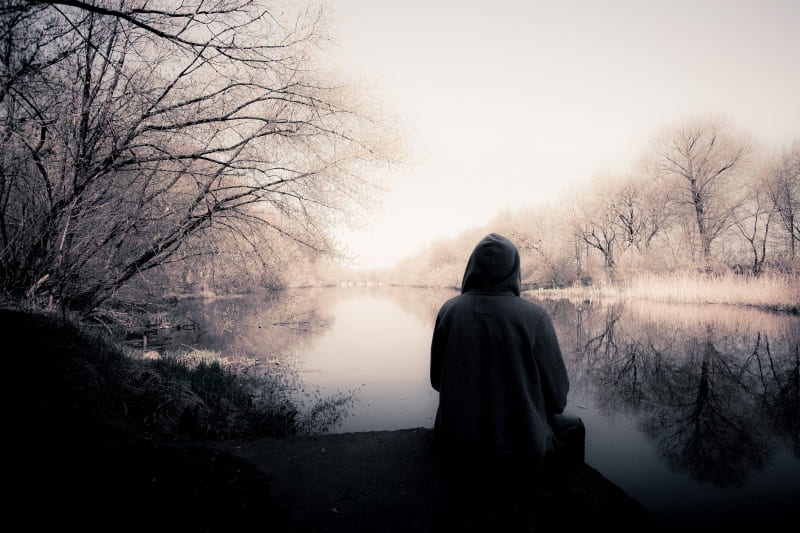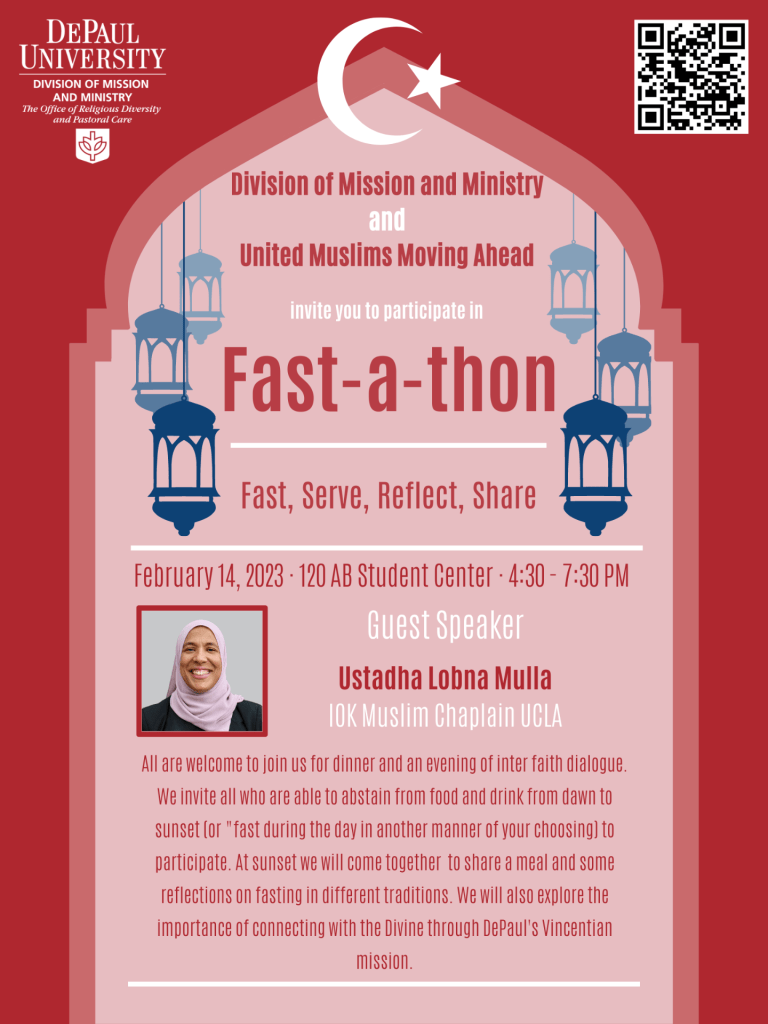Written By: Abdul-Malik Ryan, Assistant Director, Religious Diversity and Pastoral Care

Sometimes I wonder, as I know others have, what Rev. Martin Luther King, Jr. would think about the fact that his birthday is celebrated as a national holiday. When King was living and working, the only individuals so honored were Jesus (peace be upon him) and George Washington. [1] King would likely be surprised that he would be so honored for many different reasons. He was widely unpopular among white Americans at the time of his death. King maintained a popularity with white Americans outside the South while he was focused on civil rights in the South, but became less popular when he turned his attention to discrimination in the North. In August 1966, when King was marching through Marquette Park on Chicago’s South Side to protest housing discrimination, 63 percent of Americans had an unfavorable view of King and only 12 percent reported a “highly favorable” view. [2] King’s increasing focus on speaking out against the Vietnam war and the planned Poor People’s Campaign turned even those who had been King’s allies, like President Lyndon Johnson, against him.
If King could imagine a turn of events that would lead to a national holiday in his honor, I am sure he would hope that it would indicate that many people had come to see that he was right in the causes for which he struggled. It can certainly be argued that is true in some ways. By 2011, almost no one (only one percent) reported a “highly unfavorable” view of King to Gallup. [3] If it isn’t the case that most Americans have adopted King’s pacifism, the majority have come to see the Vietnam War as having been a mistake. [4]
However, King understood enough about politics and human nature to worry that his increasing popularity in the decades after his death may have come from a misunderstanding, or at the least, a selective understanding, of what he was all about. He might also think that naming a national holiday after someone who tried to be a prophetic voice for change can be something of a paradox. (Of course, Jesus preceded King in that paradox.)
What is the value of holidays anyway? Certainly, times for rest, reflection, and celebration are good. The King holiday on January 20th invites us to reflect on the questions around his legacy and inspires us to continue the good that he came to symbolize for many. On January 25th at DePaul University we also spend time reflecting on the legacy of Saint Vincent de Paul as we mark Foundation Day. Vincent attributed this date as the beginning of the mission with his sermon at Folleville. Today, when there is for many a general sense of anxiety about the state of the world and even the future of higher education, what can we take from reflecting on these men and more importantly the wider legacies of the movements they continue to inspire?
I think in times of injustice, in times of violence, in times of poverty, in times of anxiety, in times of confusion, the first call of these legacies is the call to courage. Courage to face challenges rather than run from them. Courage to do what one believes is right rather than what is easy or popular. Like other prophetic figures, Martin Luther King and Saint Vincent envisioned a world different from the one they saw around them. They had the courage to articulate that vision and work to convince others.
Beyond that though, they each had the courage to have faith in divine providence and to trust even when times looked bleak. This is the courage I find most inspiring, the courage to keep going, the courage to refuse to become cynical. This is the courage to not just want change, but to work for it, and to be willing to come together with others to do so, even when it is difficult.
In a sermon King delivered months before he was murdered, he talked about the “if” faith and the “though” faith. King said the “if” faith says that I will be faithful to my mission as long as things are going well, as long as it is easy. The “though” faith on the other hand says, “Though things go wrong; though evil is temporarily triumphant; though sickness comes and the cross looms, neverthless I’m gonna believe anyway and I’m gonna have faith anyway; though the waters thereof roar and be troubled, though the mountains shake with the swelling thereof, the Lord of hosts is with us; the God of Jacob is our refuge.” [5] Vincent (also known for his sermons) urged his colleagues to “always be very courageous” because otherwise “that cursed spirit of laziness gives up at the smallest contradiction: there’s not the slightest discomfort it doesn’t avoid, no responsibility it doesn’t fear, no satisfaction it doesn’t seek; this self-love ruins everything.” [6]
I am amazed by the courage of people. The courage of people who are responsible for others, who have many depending on them. Also, the courage of those from whom no one expects (or to whom no one gives) much. The courage of those who people expect to give up. I am amazed when these people get up each day, when they refuse to give up, when they face their fears and doubts and the accusations and misunderstandings of others. We ask for the courage of that “though” faith in what we know is right, in the good we can do, in the good DePaul can do.
For Reflection:
What speaks to you most powerfully about the legacy of King in these times for yourself and for DePaul as a community? Where do you find overlap in the legacies of King and Vincent?
Reflection by: Abdul-Malik Ryan, Assistant Director, Religious Diversity and Pastoral Care
[1] Jesus, in that Christmas was a national holiday. Columbus Day was made a federal holiday with legislation signed in 1968 after King’s assassination, to be observed starting in 1971.
[2] Jenn Hatfield, “How Public Attitudes Toward Martin Luther King Jr. Have Changed Since the 1960s,” Pew Research Center, August 10, 2023, https://www.pewresearch.org/short-reads/2023/08/10/how-public-attitudes-toward-martin-luther-king-jr-have-changed-since-the-1960s/.
[3] Jeffrey M. Jones, “Americans Divided on Whether King’s Dream Has Been Realized,” Gallup, August 26, 2011, https://news.gallup.com/poll/149201/Americans-Divided-Whether-King-Dream-Realized.aspx.
[4] “CBS News Poll: U.S. Involvement in Vietnam,” CBS News, January 28, 2018, https://www.cbsnews.com/news/cbs-news-poll-u-s-involvement-in-vietnam/.
[5] Martin Luther King Jr., “But If Not,” audio recording, Ebenezer Baptist Church, November 5, 1967, Atlanta, GA, Internet Archive, https://archive.org/details/MlkButIfNot.
[6] Conference 131, Repetition of Prayer, August 10, 1655, CCD, 11:216. Available online at: https://via.library.depaul.edu/vincentian_ebooks/37/.



